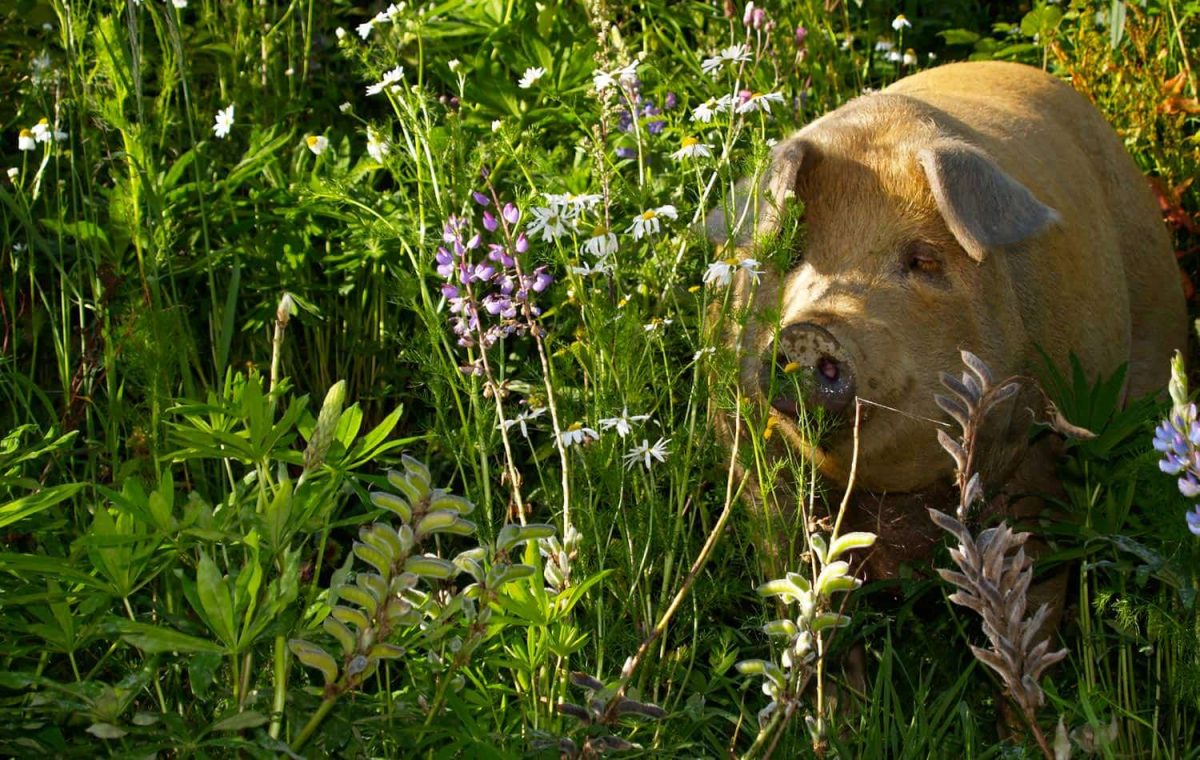Diversity as a principle
As our farm is organized in a flexible and versatile way, we are able to react quickly to changes in basic conditions. For decades we have been looking for, finding and exploiting production and marketing niches.
Our branches of production at Krameterhof farm include arable farming, animal husbandry, fruit growing, beekeeping, aquaculture, agroforestry, and the cultivation of mushrooms and culinary and medicinal herbs.
Arable farming on terraces
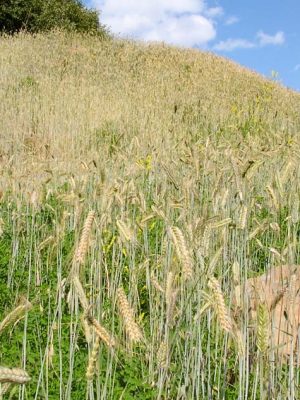
The Krameterhof farm covers approximately 45 ha, rising from an altitude of 1,100 m above sea level to 1,500 m. The geodetic altitude as well as the steepness of certain slopes are supposedly unsuitable for conventional farming methods. Therefore, we constructed terraced fields on Krameterhof. The advantages of such fields are manifold: easier cultivation, better water retention capacity, reduced erosion and improved soil building.
In our farming work, it is a major priority to keep the soil enduringly fertile. Consequently, we keep a particular eye on crop rotation, mixed crops, mulching, and green manuring.
In our fields we grow potatoes (in the Lungau dialect we call them ‘eachtling’ as they grow in the earth), different cereals, peas, forage beets, and much more. We grow varieties of field crops that are adapted to the natural conditions that are prevalent and typical in our region.
By cultivating old varieties our goal is to contribute to the preservation of biodiversity. The location of our farm offers an essential advantage for that aim: there is no other arable farming close to us and, as a result, no undesirable cross-pollination takes place. Therefore our farm is the ideal site for the preservation of varieties.
All year round vegetable growing
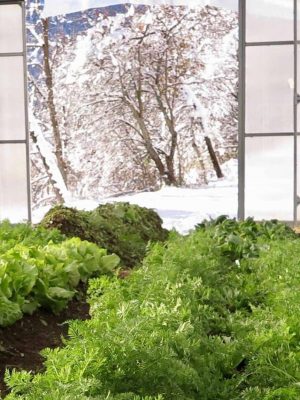
Vegetable growing is one of the most intensive and productive branches of agriculture. Our terraces serve us as areas for all year round vegetable growing (cabbage, onion and garlic, among many others), intensive and versatile market garden crops, hugelbed crops (pumpkins, cucumbers, zucchinis on mound beds), and greenhouse crops (especially for tomatoes and salad and different winter vegetables).
Farm animals on all year round free-range pastures
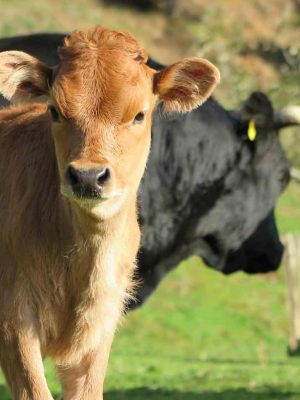
Having a farm without animals, especially up in the mountains, is inconceivable for us. Grazing animals represent a perfect complement to our crops. Having them grazing on specific areas, we benefit from raw materials that we could not directly salvage otherwise. In this way, grasses, herbs and leaves can be turned into top-class quality meat. Besides high-value food, the animals also deliver valuable animal manure – their dung gets turned into nutrient-rich humus. Today, we keep free-range cattle, sheep, pigs, horses and poultry all year round, either on pastures or in paddocks.
Responsible animal husbandry
We feel obliged to ensure that the living conditions of all our domestic and farm animals are appropriate to the species and their characteristics and needs.
We believe that species-appropriate animal husbandry, with sufficient space and the possibility to live out their innate behavior patterns, is a basic requirement for healthy animals. And healthy animals are a guarantee of high-quality and wholesome food.
Cultivated and wild fruits
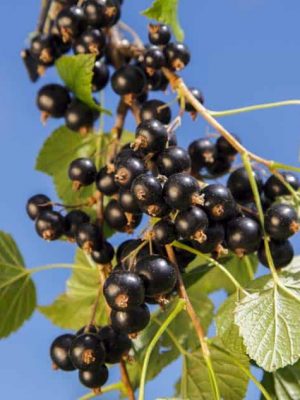
My family and I, we all love fruit, so we try to cultivate as many different kinds as possible at Krameterhof: apples, pears, cherries, prune plums, red and black currant … to name just a few. Besides cultivating fruit trees and berry bushes, we are also passionate about wild fruits: rowan berry, cherry plum, medlar, and even the stone pine cone figure amongst our favorites. Our focus is on taste and quality, not quantity.
In our farm shop, you are welcome to sample our farm’s products.
Beekeeping
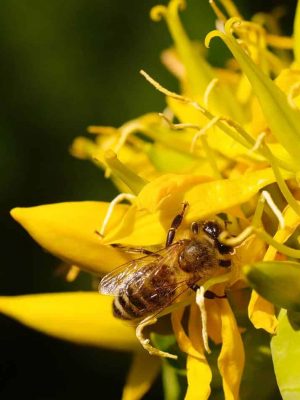
Honeybees are immensely important for the pollination of numerous plant species. A significant concern for many years has been the worldwide fall in bee numbers, which is the result of extensive environmental pollution through pesticides and other poisonous substances, pest infestations of bee colonies and an increase in bee diseases. Given the importance of the role that bees play, specialists are already warning of supply shortfalls and deficiencies in the provision of various foods. The origin of these problems is to be found almost exclusively in industrial farming.
The food supply of bees is being strongly reduced by monocultures and land clearance projects. As a consequence, there is too little variety in bee nutrition which in turn causes a weakening of their immune system as well as stress. Additionally, bees are directly exposed to environmental toxins. They pick up pesticides via pollen and nectar and take them home to their hives where the toxins accumulate. Their offspring are then exposed to these toxic substances right from the beginning.
Around 80% of plants rely on bees and other insects when it comes to their pollination.
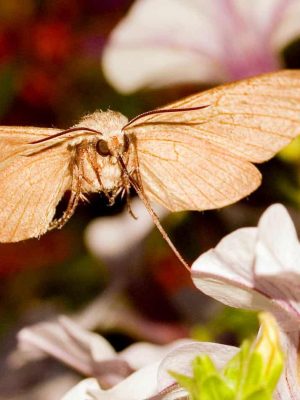
Of course, the chemical products used in agriculture do not only affect honeybees. Their mass extinction is just a symptomatic example of the unintended damages caused by chemical products that have not been tested sufficiently but have nevertheless been authorized. Viewed in this way, even when dying in massive numbers the bees are fulfilling an important task by drawing our attention to the often more than dubious authorization practices that take place and that are exacting an incalculable cost.
It only works without poison
Some companies have made enormous profits through their agrarian chemistry business, but society as a whole gains no benefit. Farmers and gardeners have to take responsibility and learn more about the destructive effect and side effects of the poisonous products they are using.
At Krameterhof farm, we find ourselves in the fortunate position that our mountainside neighbors also practice extensive organic farming. Without having to suffer the consequences of agricultural chemical products and in the midst of cultural landscapes full of biodiversity, our honeybees live splendidly well. Their activity as pollinators is impressive and we are delighted to be able to to harvest precious beeswax and delicious organic honey which you can buy in our farm shop.
Water is life
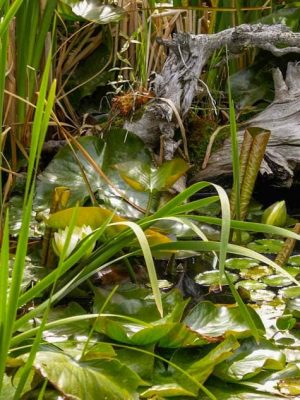
One of our mission statements is: harvest, retain and redistribute water.
In order to keep each and every drop of water as long as possible on our property, we have arranged numerous ponds, wetlands and water gardens on our farm, all of them interlinked in cascades.
The harvesting and multifaceted use of water
This water retention system is of great importance for our farm. It influences the microclimate of our various areas, allows for watering without wasting resources, provides habitats and nutrition for countless beneficial organisms, and offers us the possibility to grow aquatic plants, fish, crayfish, water poultry, and much more.
Woodland farming and agroforestry inspired by nature
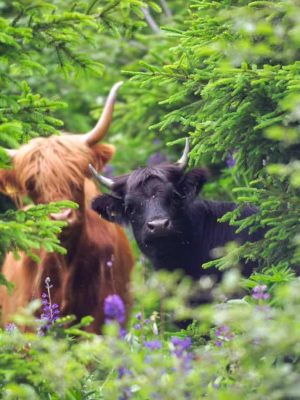
A large part of Krameterhof is covered by woodland. Quite often, visitors to our farm definitively have the impression that they are in a forest garden when they come to our place for the first time.
Basically we differentiate between two kinds of woodland at Krameterhof farm: a high forest, which we use as a nature-oriented permanent woodland, and different agroforestry systems, which represent a combination of farming and woodland use.
One example of such a system is the combination of coppiced woodland and terraced fields. Trees stabilize hillsides and provide fodder for our animals, energy (wood) and fruit (cultivated and wild). The terraces are at the same time used as crop or vegetable fields.
A new interpretation of reliable methods
These systems are nothing new, but rather a type of crop-growing landscape thousands of years old which has just fallen into disuse. At Krameterhof farm we transfer these methods to the age we live in and adapt them to our circumstances and requirements.
For the agriculture of future generations, we see a huge opportunity in the field of agroforestry, as it is a prime example of the intelligent and multiple use of one and the same area corresponding to the permaculture principle.
Medicinal and culinary herbs
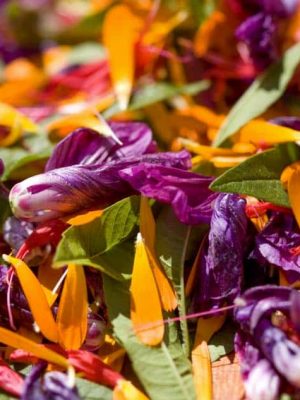
At Krameterhof farm we cultivate numerous medicinal and culinary herbs and we process our harvest ourselves to obtain a wide range of products. We are convinced that medicinal plants and the knowledge of their possibilities of application as well as of their effects are highly beneficial.
People dealing with medicinal herbs know how large and diverse the potential of these natural remedies in treating health problems is.
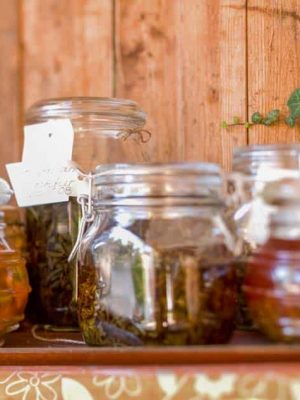
Herbal medicine is currently experiencing a real renaissance. Many people want to benefit from the advantageous curative power of plants perceived as natural and gentle. However, be careful! Even remedies of herbal origin can be potent substances and must be applied in a diligent and appropriate way. Plants can be very beneficial to us thanks to their versatile substances, but a herbal overdose can definitely harm us. Paracelsus’s maxim the dose makes the poison is also applicable to herbs.
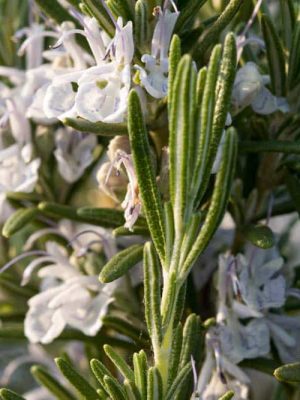
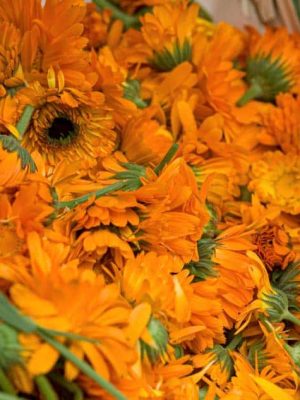
Herbs are of course an irreplaceable element in the kitchen. They bring variety through their panoply of tastes and impart an individual note to every meal. Furthermore, herbs make meals more easily digestible and can support active health care.
Different regions and countries have developed their own culinary cultures and traditions according to the plants they have available. Herbs are therefore an essential cultural asset.
At Krameterhof farm, we grow a wide variety of herbs and seasoning plants, processing them into delicious tea blends, herbal jellies, syrups and seasoning blends. Imparting our knowledge of growing, harvesting and using herbs is our contribution to the reactivation of old-fashioned practical know-how.
Many therapeutic forms that involve medicinal herbs in their treatment plan are based on specific ideologies. We try to leave such matters of belief to one side in our workshops and rely – as always – on natural scientific principles.
Mushroom cultivation
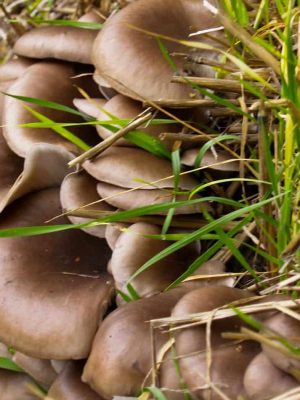
For some time now, we have been immersed in the cultivation of medicinal and culinary mushrooms. Shiitake and oyster mushrooms figure amongst the most important types cultivated on our farm. Our mushroom cultivation takes place in a traditional way in the open air and using exclusively our own wood. This method guarantees excellent quality: mushrooms produced 100% organically with no waste of energy through artificial climate control and with no pesticide contamination from the substrate used. Our mushrooms can be ordered in advance and are available in our farm shop either as complete mushroom culture or as harvested culinary mushrooms.
Seeds
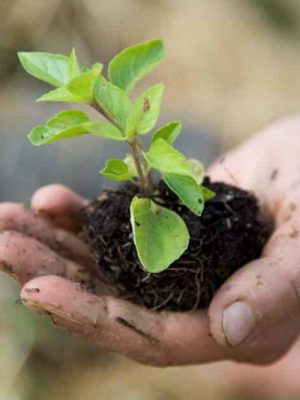
The tremendous importance of diversity at Krameterhof farm can be seen in our approach to seeds.
Many plants can be propagated vegetatively, for example by rhizome division or using stem cuttings, but of much bigger importance is plant reproduction via seeds, the generative plant propagation material.
The development of seeds was a milestone in the evolutionary process of root plants. Since the creation of the very first seed some 360 millions of years ago, a nearly endless diversity of seed sizes and forms has developed in nature. A really astonishing fact is that even the tiniest seed grain holds the entire genetic information required to let a new plant grow from it – whether the plant is the smallest of herbs or the tallest of trees.
Over many thousands of years, mankind learnt how to adapt and manipulate the plants that were found growing wild, selecting those individuals that were particularly productive, tasty, frost-resistant, drought-resistant, attractive, etc. Through this selective cultivation an incredible diversity of varieties arose over the millennia.
Over the last century we have lost an estimated 75% of the crops we used to grow. The main reason for this dramatic decline in diversity is that just a few highly productive species have displaced the species traditionally grown – and in an ever accelerating way. A crop that is no longer grown disappears quite quickly. Hence it is very important to us to contribute to the preservation of this abundance of varieties, and it is for this reason that we harvest and share our own seeds.
Seed propagation and cultivation of seedlings
We are partners and active members of Arche Noah, an Austrian association that is firmly committed to the preservation of the diversity of cultivated plants.
Krameterhof Newsletter
Abonniere den Krameterhof-Newsletter zum Thema Permakultur. Erhalte immer das aktuelle Kursprogramm. Nicht mehr als eine E-Mail pro Monat.
Krameterhof Newsletter
Abonniere den Krameterhof-Newsletter zum Thema Permakultur. Erhalte immer das aktuelle Kursprogramm. Nicht mehr als eine E-Mail pro Monat.
© 2021 Krameterhof • Website Entwicklung studio2.io • Impressum • Datenschutz • Downloads
